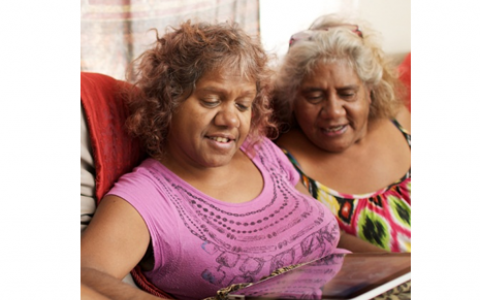Better methods to collect self-report data on alcohol use behaviours from Aboriginal and Torres Strait Islander Australians
NDRI: Professor Tanya Chikritzhs, Professor Dennis Gray, Associate Professor Edward Wilkes
- Professor Kate Conigrave and Dr Kylie Lee, Sydney University
- Professor Robin Room and Sarah Callinan, Turning Point
- Professor Noel Hayman, University of Queensland
- Dr David Scrimgeour, Aboriginal Health Council South Australia
- Dr Kushani Marshall, National Centre for Epidemiology & Population Health, ANU
- Associate Professor Tim Slade, National Drug & Alcohol Research Centre, UNSW
- Dr Jenny Hunt, Aboriginal Health & Medical Research Council (NSW)
This study aims to develop, pilot and field test, for the first time, an approach using a tablet-based computer to collect self-reported data on alcohol use behaviours – consumption and other patterns of use, dependence and harms – at a population level in an Aboriginal and Torres Strait Islander population.
Specific objectives of the study are to:
- Develop a tablet computer-based survey instrument that can accurately measure alcohol use behaviours among Aboriginal Australians aged 16 or older;
- Pilot this tablet survey and assess its validity compared with a detailed clinical interview, and to assess its test-retest reliability; and
- Assess the practical feasibility of rollout of the developed survey instrument to measure population estimates of alcohol use behaviours among Aboriginal Australians in selected urban and more isolated or remote community sites.
These aims and objectives are consistent with the goals of community leaders, community controlled agencies, researchers and policy makers who have identified a pressing need for validated and standardised approaches to better assess the presence of risky alcohol use and alcohol use disorders. This is important for population surveys so that proper funding and program efforts can be allocated to prevention and treatment services. It is also key to subsequent validation of early detection, screening and treatment in clinical settings. The appropriateness and acceptability of existing validated and accepted assessment or survey tools cannot be assumed in this cross-cultural context.











